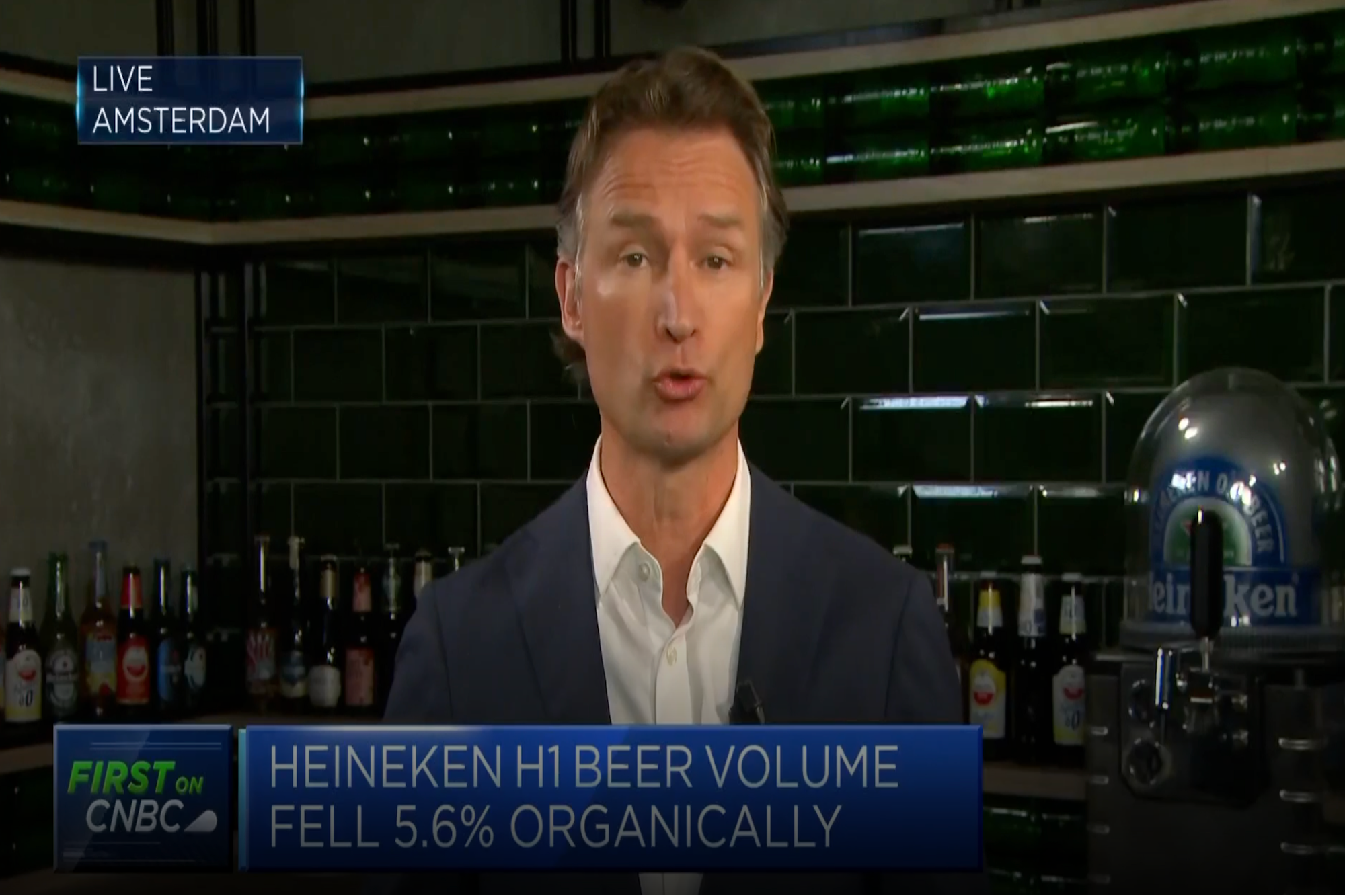Why Bartering Can Be Your Untapped Revenue SourceMore organizations are experimenting with cash-free solutions. Here's how bartering may drive the future of B2B commerce.
ByAndrew Medal•
Opinions expressed by Entrepreneur contributors are their own.

Many small- to medium-size business owners have begun to barter, trade and swap goods and services without any cash involved.
Take the city of Portland for example. Unsurprisingly, the culturally tight-knit and self-proclaimed weird city has given rise to a thriving underground bartering network. A recentRolling Stonearticleshowcased the colorful personalities and supportive business community that is Portland's bartering economy. Some of them call themselves "swappers," others simply identify as community-oriented business owners. All of them share a common bond of exchanging goods and services to help each other grow.
The trouble with traditional bartering like this is that it's incredibly difficult to scale. The idea of a coffee shop exchanging beans for fresh food from a local grower is nice, but any business looking to expand can't possibly expect that kind of barter to lead to scalable growth.
Related:8 Lending Terms That Every Entrepreneur Must Know
That's what gave Bob Bagga, CEO and founder ofBizX, the idea to create a community that enables businesses to turn their excess capacity into potential capital. Bagga explains, "By using the BizX dollar, businesses are able to turn extra business capacity and assets into cash flow, which can, in turn, be spent at member businesses without any cash involved. The goal for us is to reduce waste, maximize member potential and help companies earn new customers."
By creating a complementary currency to power commerce through the sharing of excess goods and services, Bagga and his team have given business owners a chance to create cash-free lines of capital for little more than their incremental cost of goods sold.
Cash-free capital
Most business owners have plenty of great ideas to grow, but lack the capital and cash resources needed for those growth initiatives. Take a restauranteur, for example. Expanding or upgrading the restaurant may be their desired path for generating increased revenue, but the cash required for such an undertaking might not be readily available.
Related:Warren Buffett's Top Investing Secret Is Simpler Than You Think
What if that same restaurateur was able to exchange empty seats and excess food for a shared currency that they could then spend at other businesses in the network? While trading one meal with a contractor might not result in enough capital to exchange in return for a major overhaul, many units over time will eventually add up.
That's precisely why business owners are looking for alternatives to traditional financing and venture capital raising. Those models, though effective, often edge out small- to medium-size businesses in favor of rapid growth SaaS companies or user-heavy business models. As a result, businesses looking at growing should explore growth opportunities that require little to no upfront investment.
The future of B2B commerce
B2B companies often operate at less than their full potential. Bagga pointed out that small businesses in the United States, on average, only run at 80 percent capacity. In many cases, this is simply because connecting with new customers presents a real challenge.
Also, most B2B companies have excess business potential because they offer products or services that could field more customers at a small marginal cost of goods sold. As such, many can afford to accept an alternative form of payment, as long as they can use it for other practical applications.
Related:6 Tips for Digging Your Small Business Out of Serious Debt
While traditional bartering usually doesn't result in additional cash flow, companies that are able to exchange services based on a shared or complementary currency can determine when and how to spend their newfound capital. Many will use that for marketing, advertising and public relations services that would otherwise have been too costly.
Cash flow isn't always confined to exchanged services either. In many cases, these unique partnerships result in cash business resulting from direct referrals from services rendered in exchange for other goods.











